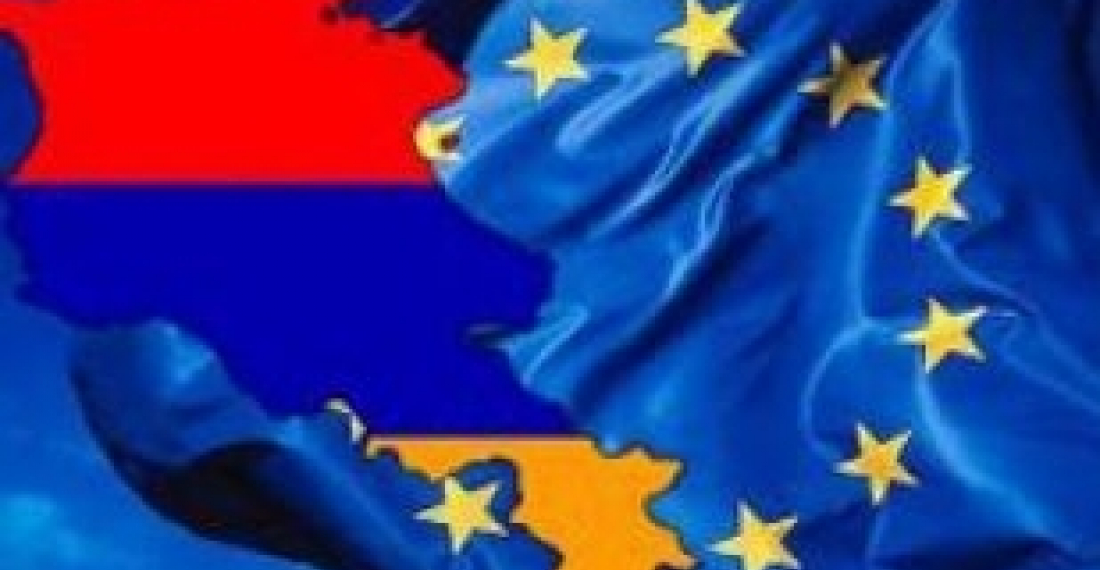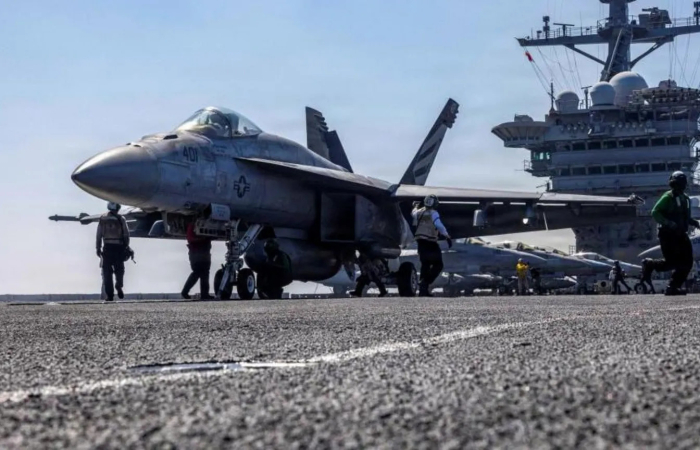European Union is ready to increase the financial assistance to Armenia in case of successful reform, Gunnar Wiegand, European Co-Chair of the EU-Armenia Cooperation Committee, European External Action Service ( EEAS) Director for Russia, Eastern Partnership, Central Asia, Regional Cooperation and OSCE, made such statement in Yerevan before opening the 12th session of the Committee, Tuesday.
We are ready to increase the financial aid to Armenia, he said, the more reforms Armenia carries out the more financing it will receive from Europe.
Wiegand said that Armenia now receives over 50 million EUR annually while 5 years ago it received 20-25 million.
He said that Armenia has succeeded in certain reforms in the legal sector and visa facilitation. Wiegand said that EU has adopted a decision to start negotiations with Armenia for visa facilitation. For his part, the Armenian Co-Chair of the EU-Armenia Cooperation Committee Tigran Davtyan said that Armenia has achieved success also in the talks for the Association Agreement. He said that the Association Agreement requires solution to a number of tasks in the sphere of trade: standardization, metrology, sanitation and phyto-sanitation, intellectual property protection. The state government sector must undergo significant reforms as well.
"I hope we will complete the preparation stage and start formal implementation of the agreement on free trade," Davtyan said.
The Committee was scheduled to discuss a broad spectrum of issues related trade, security, justice, transport, energy, medicine and human rights. The Committee convened behind the closed doors.
To recall, Armenian and EU signed the Agreement for Partnership and Cooperation on April 22 1996. The Agreement came into effect on July 1 1999. The Cooperation Committee was set up in line with the Article 83 of the Agreement. The 11th session on Sept 17 2010 resulted in the agreement to set up a subcommittee to discuss energy, nuclear safety, transport and environmental issues.







